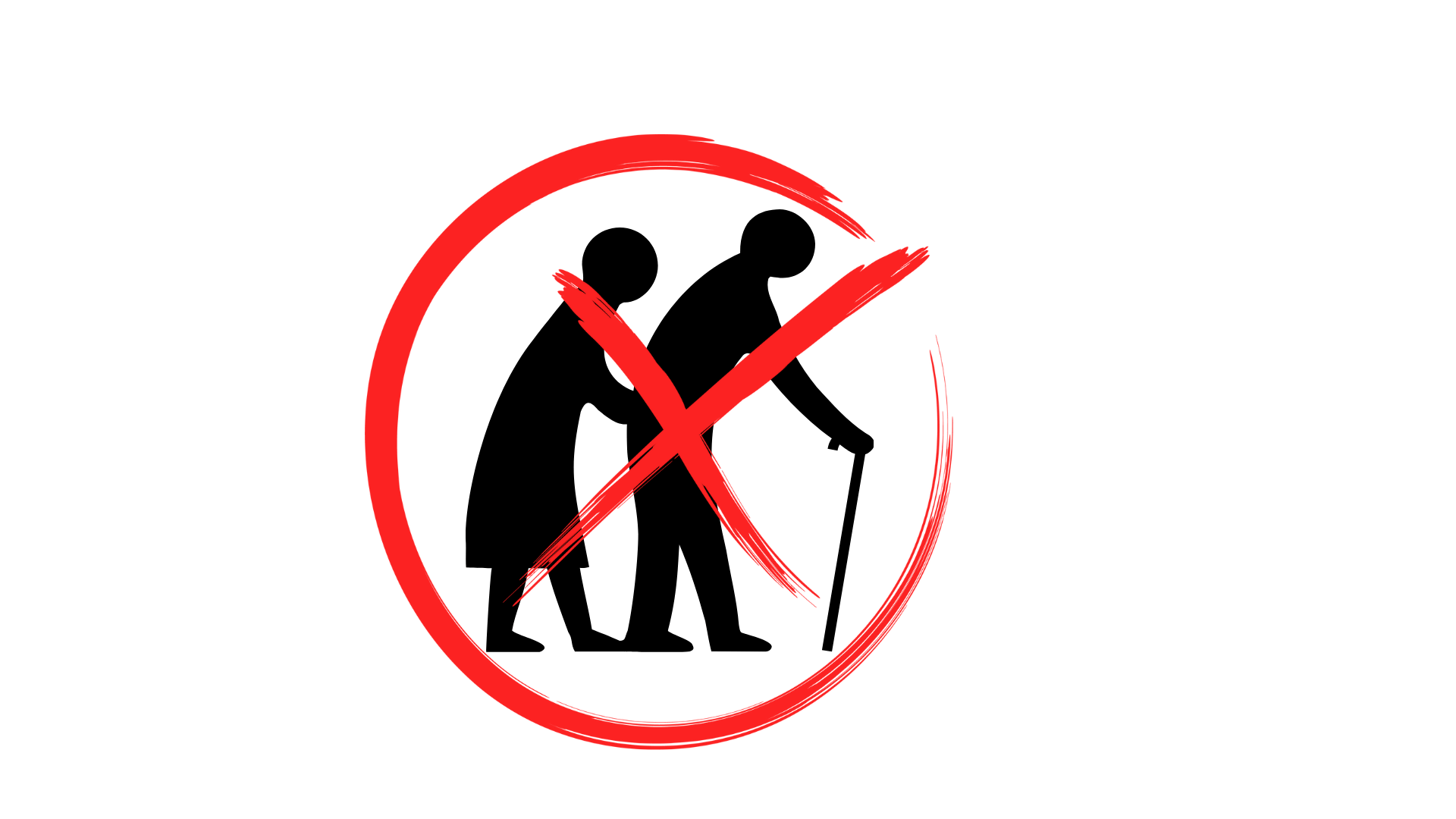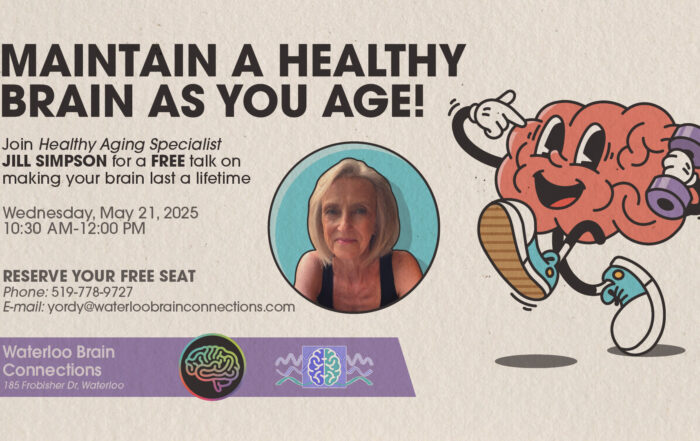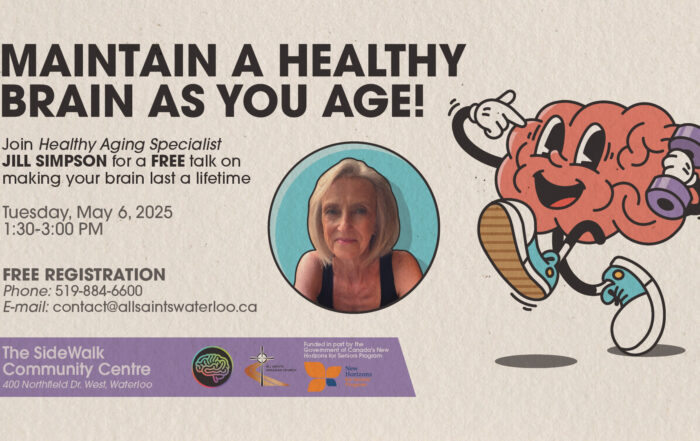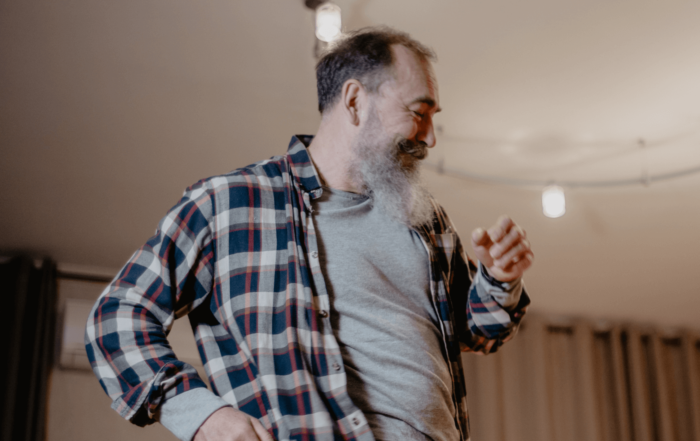Shortly after my 64th birthday, I received an official-looking Government of Canada envelope containing a letter informing me that it was time to register for my ‘Old Age’ Security Pension.
You’ve got to be kidding! You’re telling me that at 65, I’m suddenly going to be old?
For many, that letter comes as a shock, and it turns out that innocuous letter might not be so innocuous after all. In the U.S. you can take an optional early Social Security Pension at age 62. According to a recent study of American males by Maria Fitzpatrick of Cornell University and Timothy Moore of the University of Melbourne, that notification of eligibility can create a cascade of negative effects on cognitive and physical wellbeing. Seeking an explanation for the sudden 2% spike in male mortality rates at age 62, the study showed “an ‘immediate, negative’ short-term impact on mortality among U.S. residents the month they turn 62, the age when individuals in the U.S. can apply for early Social Security.1
However, only 10% of males in the study retired at 62 with the majority of deaths being amongst them. That means a shocking 20% who took early retirement at 62 died within the year. The mere anticipation of that letter’s arrival was enough to negatively impact their health trajectory.
Apparently, many saw retirement as the beginning of the end and according fulfilled their own expectations.
That letter is but a single example of how our culture contrives to reinforce the negative stereotype of seniors making them feel not only superfluous but downright burdensome. Advertising, usually geared to the young and beautiful, has found a new lucrative market in the aging population. Incessantly told how we are going downhill, we become easy
targets for corporate marketing that sells us ‘comfort for our decline,’ be it pharmaceuticals, walk-in bathtubs, retirement homes, or Viagra®. Corporations make a lot of money off of our fears of aging. Allowing those negative myths to permeate our psyche makes us a demographic ripe for commercial exploitation.
Like nails on a blackboard the self-deprecating term, senior’s moment, is widely used as an apology for having dared to live so long as to forget something. Distracted grandkids probably forget way more. They’re definitely not apologizing, so
why are we? I propose a radical redefinition of the term senior’s moment, one that honours our wealth of experience and implies its future application. How about?
Senior’s Moment: A sudden insight based on a lifetime of accumulated wisdom
You and I are the keepers of vast amounts of experience, knowledge and wisdom, but our gifts are being dismissed and going to waste. Beaten down by Western culture’s negative spin on growing old, we have quit believing in ourselves and our value. We give up; we give in; and all too easily we find ourselves killing time, filling our days with empty activities.
So, ditch the negative aging myths! Stand up and fight to maintain your self-worth, your value and your dignity.
Let’s start by refusing to buy into the media and marketing stereotypes.
And while we’re at it, let’s lobby the federal government to change the name, Old Age Security Pension, to something
with a positive spin, something implying a milestone in life’s great journey, not a gravestone at the end.





